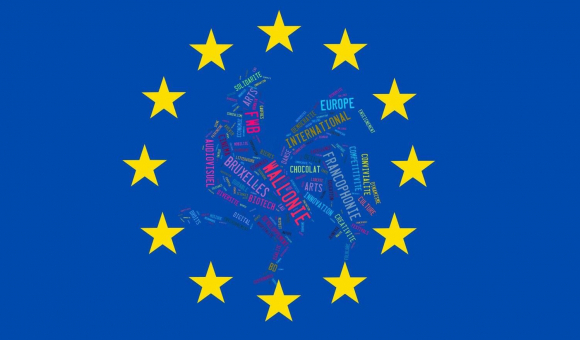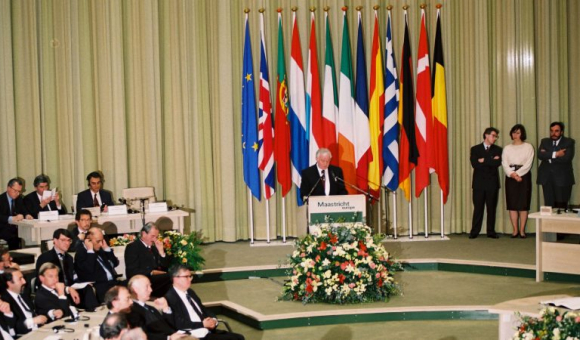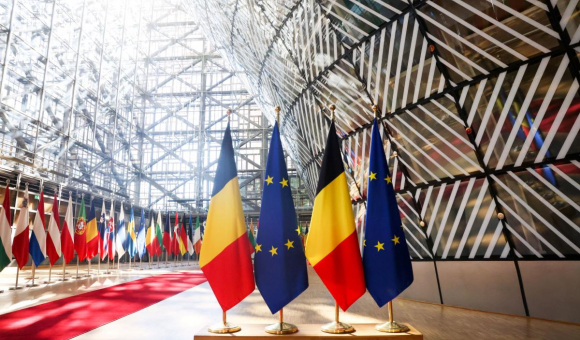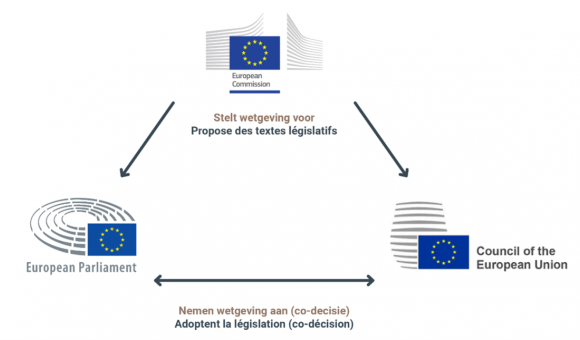
By virtue of the in foro interno, in foro externo principle, enshrined in the Belgian Constitution, the federated entities of the Kingdom of Belgium are responsible for international relations in matters falling within their internal competences.
Since the Maastricht Treaty of 1992, the ministers of the federated entities have also represented their Member States in the Council of the European Union, in accordance with these competences.
The Cooperation Agreement signed by the Federal State, the Communities and the Regions in 1994 regulates, on the one hand, the coordination of European policy between the Belgian federal and federated entities and, on the other, Belgium's representation in the different configurations of the Council of the European Union. (The text was adapted in 2003 following the regionalisation of agriculture and fisheries).
The Directorate General for Coordination and European Affairs (DGE) organises coordination between the federal and federated levels of government, to determine the position to be defended by Belgium in the different Council configurations.
Once the Belgian position has been defined, the Communities and Regions, each of which has its own Delegation within the Belgian Permanent Representation to the European Union, defend it within the Council's technical working groups according to an established rotation. They are also involved in preparing meetings of the Permanent Representatives Committee (COREPER), the main preparatory body, and meetings of the Council of Ministers.



